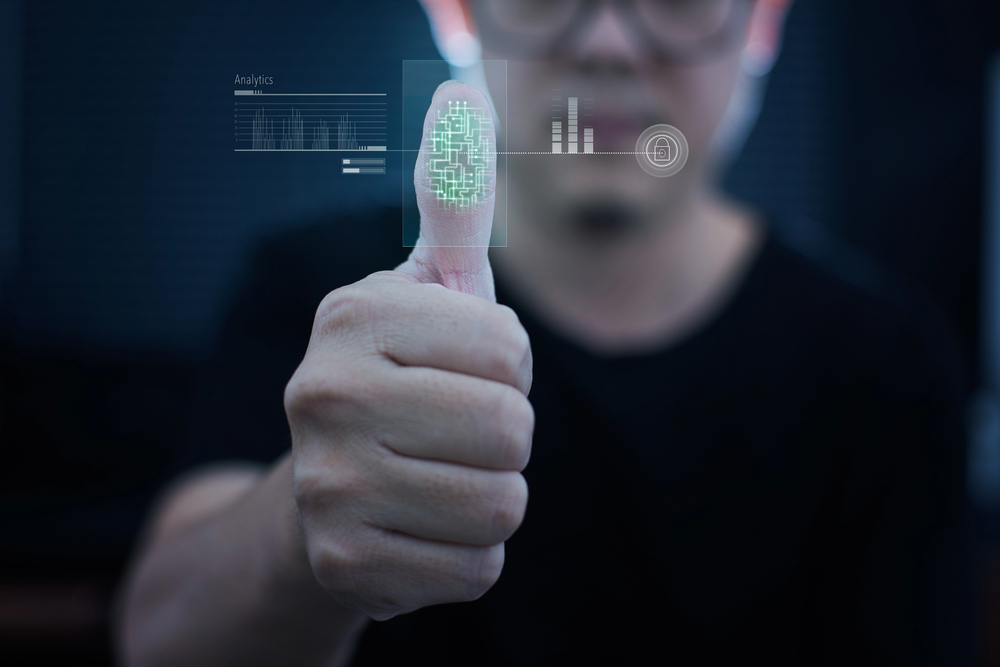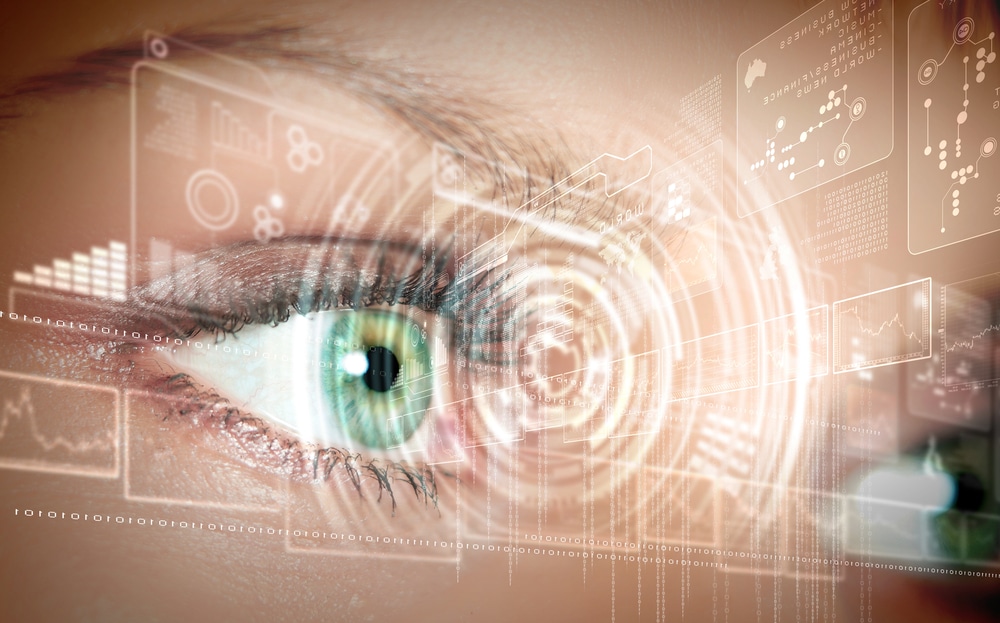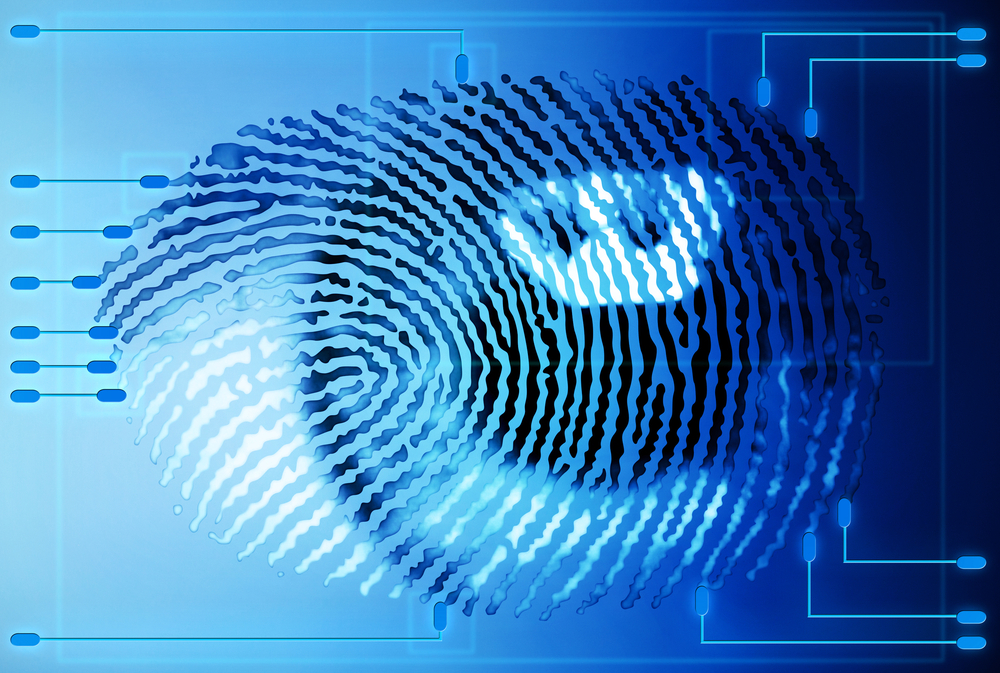
How biometrics are reshaping authentication [Q&A]
The death of the password has been predicted for a very long time, though other methods are now gaining significant traction.
Perhaps the most successful of these is the use of biometrics. We talked to David Stauffer, director of sales North America at Veridas, about how biometrics is transforming authentication across financial services and telcos, and how voice-based verification enhances security against fraud, user experience and operational efficiency.

AI use increases alongside plummeting consumer trust
A new report from Ping Identity finds that 68 percent of consumers are now using AI, up from 41 percent a year ago. But at the same time fewer than one in five (17 percent) say they have ‘full trust’ in the organizations that manage their identity data.
The findings of the study, carried out by Talker Research which interviewed 10,500 consumers across 11 countries, show that 75 percent say they are more concerned about personal data security than five years ago. In addition 39 percent cite AI-driven phishing as the modern scam that concerns them most.

Students expect tougher digital identity protection
As students head back to university and college and engage with more digital platforms than ever, new research shows today’s tech-savvy demographic is sounding the alarm on digital identity protection as AI-generated scams surge.
The 2025 Online Identity Study from Jumio shows students globally are both early adopters of generative AI, with 70 percent using AI to create or modify images, but also the group most exposed to its risks.

The new role of behavioral biometrics in fraud prevention
Digital security is undergoing profound transformations catalyzed by the shortcomings of traditional authentication methods. Security strategies often force businesses to choose between robust defenses that frustrate users and seamless experiences that heighten vulnerability. Recently, behavioral biometrics -- using unique users’ digital interaction patterns -- has emerged to offer a compelling resolution to this longstanding challenge by providing continuous, invisible authentication based on unique human behaviors.
Behavioral biometrics can best be understood as digital body language. Like physical mannerisms, such as walking gait or vocal tone, users exhibit distinctive digital behaviors in interacting with their devices -- from typing rhythms and mouse trajectories to touchscreen pressures and even how devices are held. Behavioral biometrics captures and analyses these subtle distinctions to establish a unique digital fingerprint that fraudsters -- and their machinations -- find nearly impossible to replicate. By integrating behavioral biometrics into security and anti-fraud frameworks, organizations can attain a sophisticated balance between strong, proactive fraud postures and the frictionless user experiences that modern consumers expect.

Are biometrics the future for security? [Q&A]
As technology has become a key part of more areas of our lives, ensuring our information remains secure is essential. The majority of data breaches are due to credentials that have been compromised in some way so we really need to look beyond passwords.
Biometrics is one area that's gaining in popularity so we spoke to Tina D'Agostin, CEO of biometric access control specialist Alcatraz AI, to discuss the rising popularity of AI-powered biometric security solutions, and its benefits.

Biometrics explained: Breaking down the technology's controversy and contributions to security
Advancements in technology within the last decade have sparked the increased use of digital biometric verification. The technology’s modern verification capabilities have outpaced traditional cybersecurity attack methods geared toward credentials theft -- making the technology an attractive enhancement for corporations seeking to provide a more secure, seamless experience for users to verify their identities. Now, users can leverage biometric technology for secure access to critical information, such as applications in financial and healthcare sectors.
However, recent pushback from the Federal Trade Commission (FTC) on the use of biometrics for identity verification, particularly age verification, highlights compliance concerns surrounding enterprises’ data collection and storage practices -- especially the collection of minors’ biometric information.

Biometric bias and how to prevent it [Q&A]
As we move away from passwords to other forms of authentication, there's increasing reliance being placed on technologies like biometrics.
But there's growing evidence that this technology could be flawed, with facial recognition exhibiting higher error rates for those with darker skin for example. We spoke to Dr. Mohamed Lazzouni, CTO of Aware, to discuss the ethical issue of bias in biometrics and what needs to be done to prevent it.

Biometrics trust is in crisis -- is there a path forward for the technology's adoption?
Biometrics’ promise of security and convenience has unfortunately given way to widespread distrust and legitimate security concerns. If you’re unfamiliar with biometrics, think of the last time a customer service call offered you voice authentication or when you used Face ID to unlock your phone -- these are examples of collecting and storing your biometric data.
The rise of AI has undoubtedly made an impact on consumer trust in consumer biometrics, as it’s able to piece together all your biometric data for more nefarious purposes such as identity theft. This should come as no surprise as social feeds are littered with convincing deep fake videos of politicians during this election season.

Putting individuals back in charge of their own identities
From letting hotels keep copies of our passports to handing over IDs for car hire or air travel, we seldom think twice about the implications of physically sharing our identity documents. By now, we’ve gotten accustomed to exchanging personal information in return for a product or service we value -- but we need to be more vigilant at a time when identity fraud is jumping as much as 37 percent.
Proof of a person’s identity is the key to accessing goods, services, financial accounts, and opportunities -- which makes identity a valuable target, motivating fraudsters to try to gain our trust to trick us into disclosing our personal information so they can impersonate us. They also hack into identity databases that store personal information of millions of consumers. As a result, the frequency of data breaches has increased exponentially. In fact in 2022 alone, identity theft reached a staggering $42 billion in the US.

Consumer trust in biometrics: Are we there yet?
Advancements in technology have led the digital world and the physical world to collide. Digital authentication and biometrics are a prime example; in many cases they improve the customer experience, enabling features like self-check-in to hotels and streamlined payment processes at retail establishments. But these innovations raise questions about privacy and security, even as conversations around a "passwordless world" heat up.
Incode conducted a global survey of 1,000 consumers, aged 25+, in English speaking countries across North America, the UK, and Asia Pacific regions to gauge their sentiment toward biometrics and digital authentication. Here’s what Incode’s "Consumer Pulse on Trust in Biometrics"survey revealed.

Deepfakes become the leading form of fraud
New research from verification platform Sumsub shows that the proportion of deepfakes in North America more than doubled from 2022 to Q1 2023.
The proportion of deepfakes jumped from 0.2 percent to 2.6 percent in the US and from 0.1 percent to 4.6 percent in Canada, respectively. Simultaneously, printed forgeries, which represented four to five percent of all fraud in 2022, dropped to zero percent in the last quarter.

The rise of biometrics for identity verification [Q&A]
As the world increasingly moves away from relying solely on passwords for identity verification, the focus is on alternative technologies. Whether that is passkeys, biometrics or other options, each has its own advantages and adherents.
Ricardo Amper, CEO and founder of next-generation identity verification solution provider Incode, sees biometrics as the key to eliminating discrimination and to creating a world of greater trust. We spoke to him to find out more.

Consumers remain hesitant about using biometrics
A new survey of 1,000 global consumers shows that 54 percent think digital authentication methods such as biometrics are revolutionizing the customer experience when it comes to online transactions and payments.
However, the study from Incode Technologies, also reveals that 48 percent of respondents do not see digital authentication as contributing to trust in the online world. This is due to concerns about fraud protections, privacy, and security.

Is it time to make World Password Day a thing of the past?
As another World Password Day rolls around there’s the inevitable debate about whether the days of the password at the front line of security are numbered.
In recent years it has seemed that reports of the password's death have been greatly exaggerated. But as Google extends its rollout of passkey technology it seems that passwords may finally have had their day.

Consumers turn to biometrics as they struggle to remember passwords
People are struggling to recall an ever-growing number of passwords, with 51 percent of respondents to a new study by Entrust saying they reset a password at least once a month because they can't remember it.
Even more alarming, 15 percent of users who responded reset passwords at least once a week. It's no surprise then that given the option between biometrics or a password, 74 percent of respondents will choose biometrics half the time or more and a third will always choose biometrics when available.
